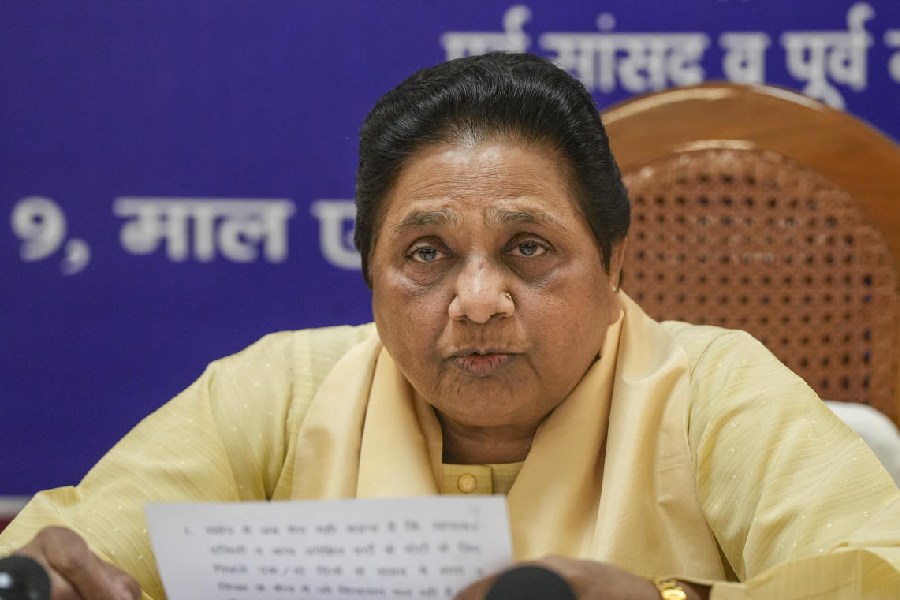If Calcutta goes the Mumbai way, the rollback in stamp duty and circle rate may not keep the buyers on the sidelines for long.
Maharashtra was the one of the first states in India to offer the duty cut sop to shake up the real estate market in the third quarter of calender year 2020, followed by Bengal and a few other states. But unlike here, the Maharashtra government tapered off the incentives within three quarters.
While there was an initial blip — registration of new properties nosedived to one-fourth of the previous quarter (see chart) — it recovered soon thereafter and in the last few quarters, the registration has even crossed the number witnessed during incentive days.
Realty experts hope the Calcutta market will follow the same trend going forward. “Unlike many other states which introduced the policy for a short term, stamp duty rebate continued for three years in Bengal. It was substantial. There may be some impact in the short term but should recover thereafter,” said Shishir Baijal, chairman and managing director of Knight Frank India.
City-based developers are hoping that the end-users would not mind shelling out 2 per cent more on stamp duty to buy their desired apartment.
A property valued up to ₹1 crore now attracts 6 per cent stamp duty in urban areas and 5 per cent in panchayat areas while properties valued over ₹1 crore will be taxed at 7 per cent and 6 per cent in urban and rural areas, respectively.
An apartment with a registered deed value of ₹1 crore would have to pay ₹2 lakh extra as stamp duty in urban areas. For properties in the ₹50 lakh bracket, the additional tax burden would be ₹60,000. “I do not think for end users it is an issue. Ultimately, it is the economy which would drive sales,” Nandu Belani, director of Belani Group, noted.
He said many transactions were pending registration and the buyers have taken advantage of the benign rates in the last three years to register their properties.
A look at the past 12 months in Calcutta Municipal Area showed that the number of sale deed registration has plateaued out between 3,000-4,000 units a month, indicating the duty cut impact was tapering off.
“We have to realise these are the artificial measures that the government gives when the market is not doing well, which I guess was the case for Bengal. They kept it for far too long. It is not a wise idea to continue with the cut for the exchequer perspective. The market has to be on its own,” says Gulam Zia, senior executive director (research and advisory) of Knight Frank.










